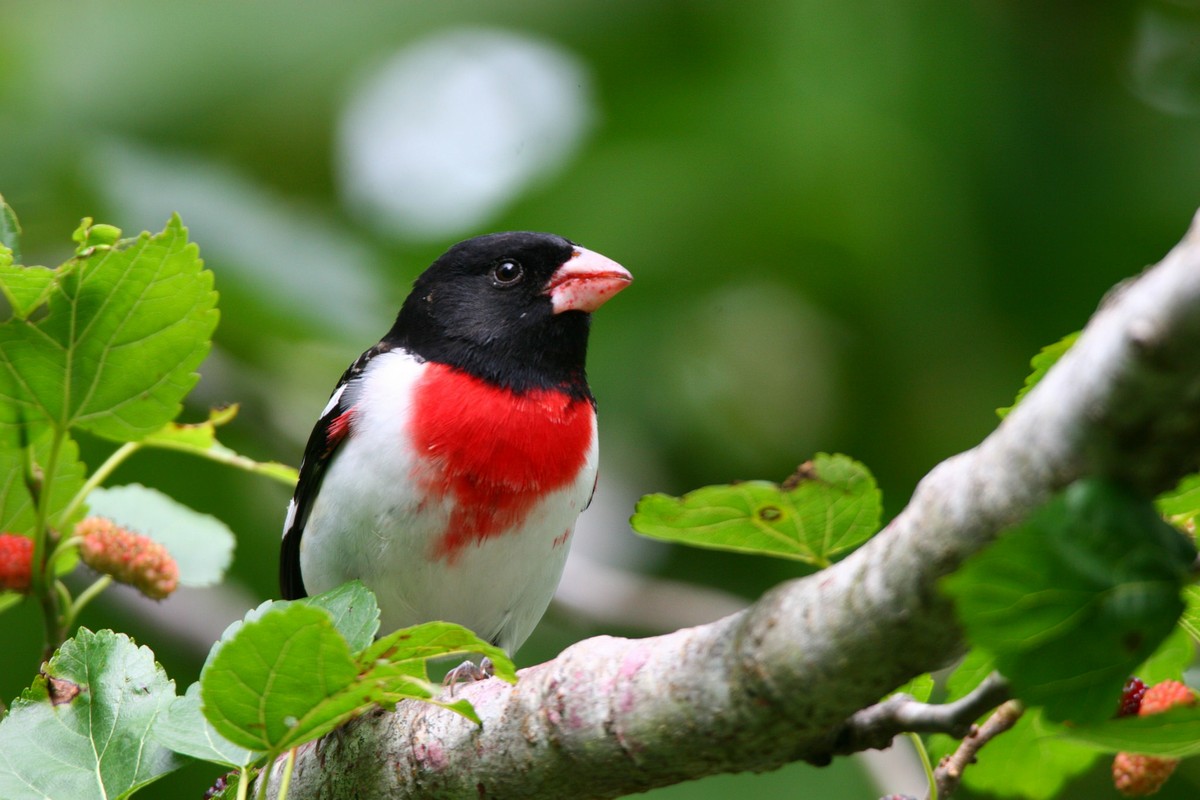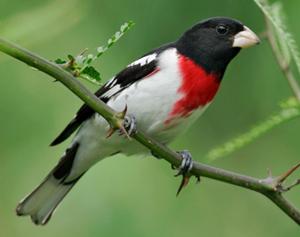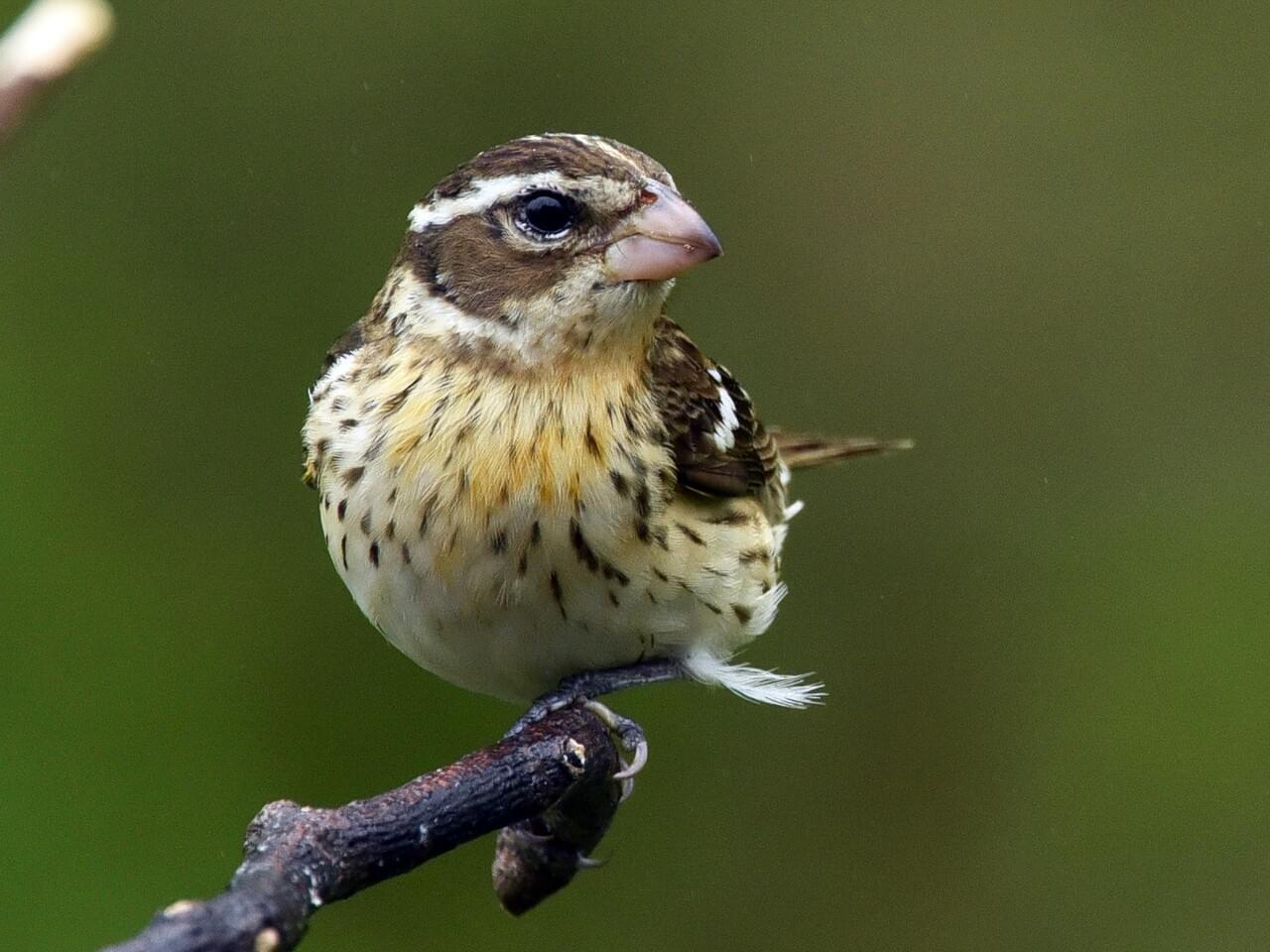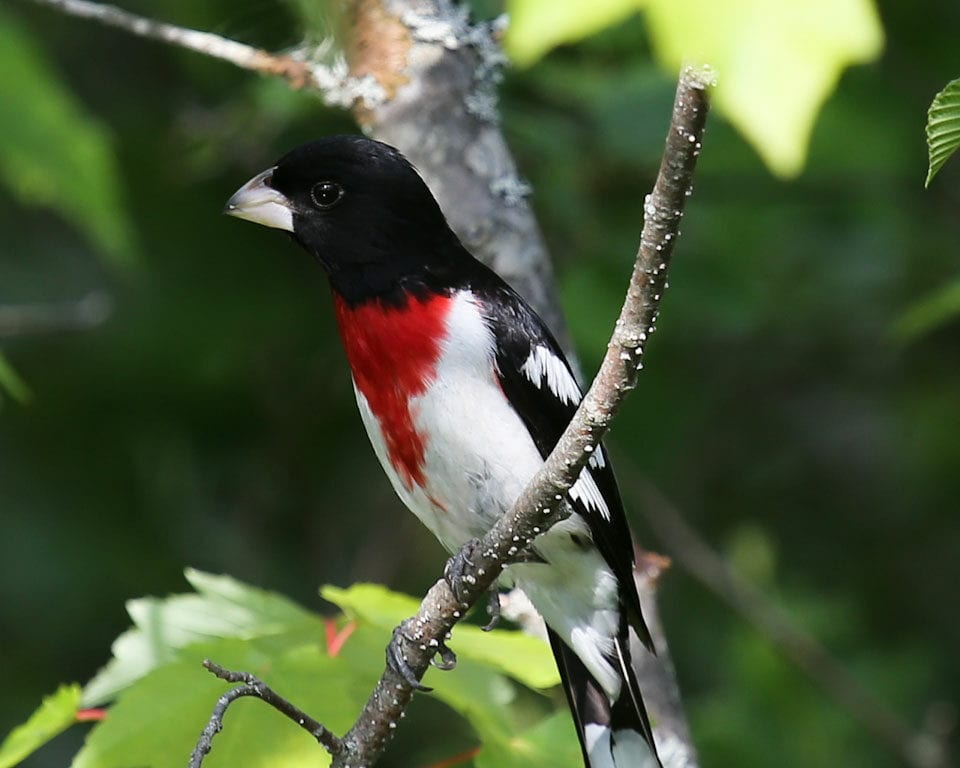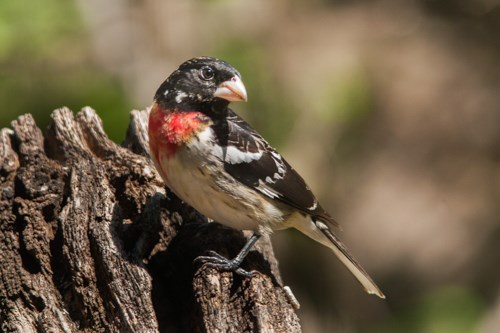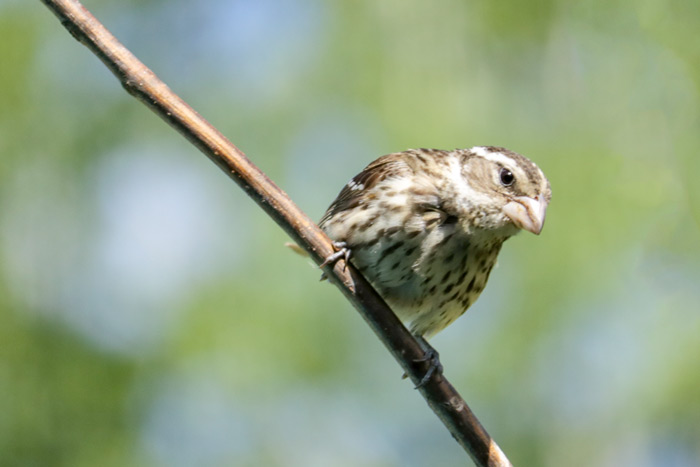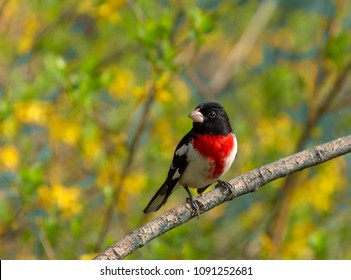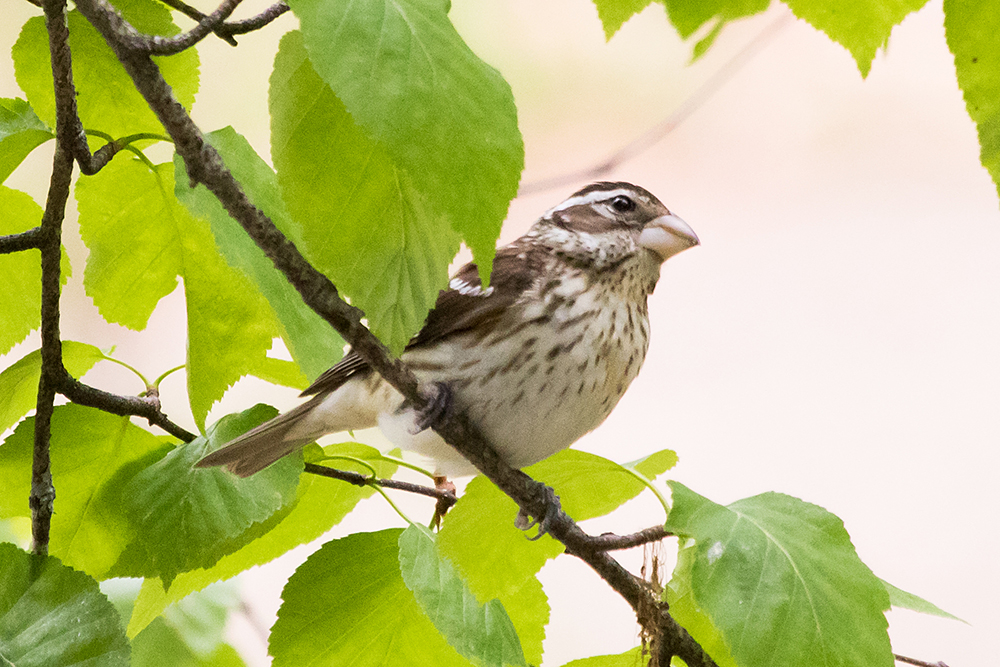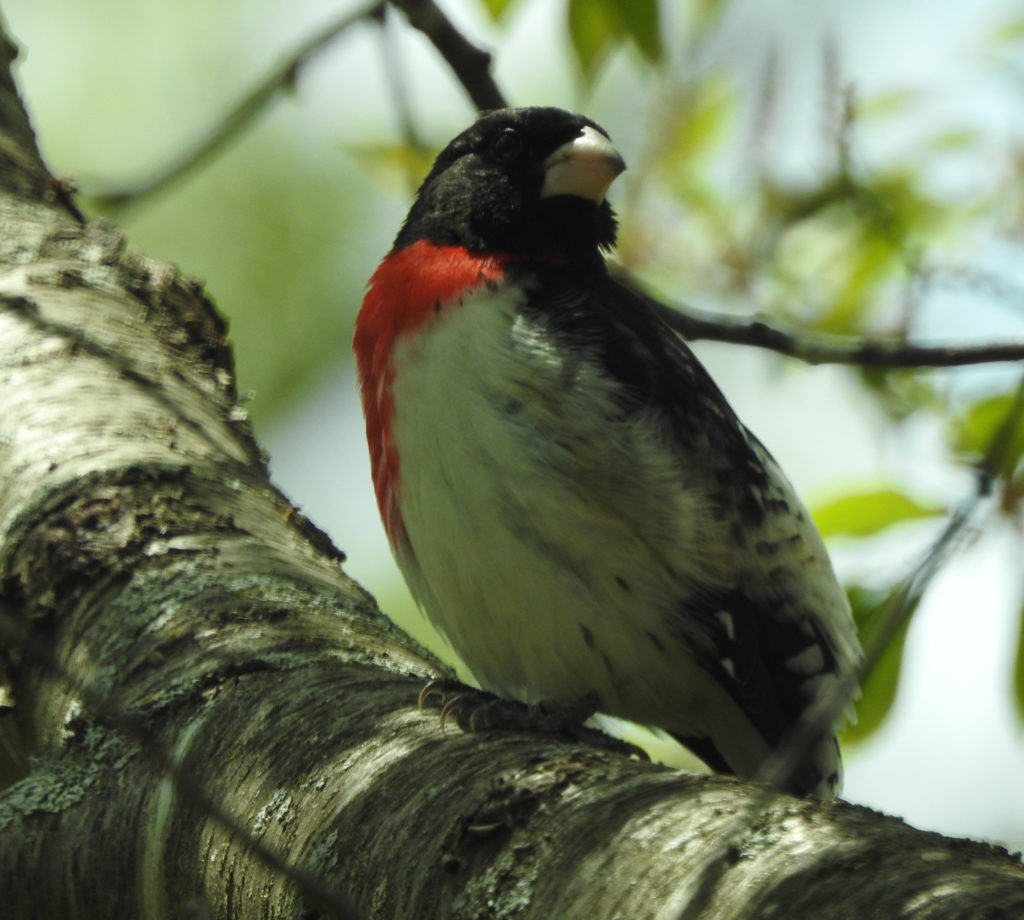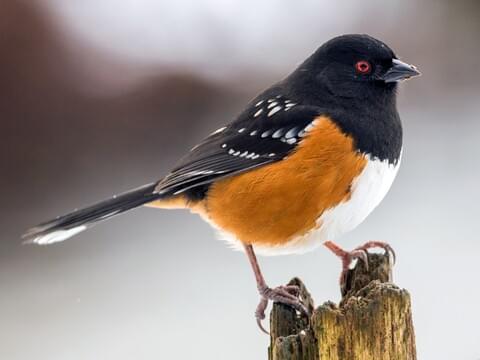Ruby Breasted Grosbeak Call

Listen too for their distinctive voices.
Ruby breasted grosbeak call. However its song rich whistled phrases like an improved version of the american robin s voice is heard frequently in spring and summer. You can imagine my delight at capturing this video portrait of a singing male rose breasted grosbeak. Male red breasted grosbeaks will sing in order to defend nesting territory. They sound like american robins but listen for an extra.
They also give harsh repeated squawks when alarmed. Singing from the canopy of a deciduous forest even a brightly colored. The song can last 6 seconds and consist of 20 notes or syllables. Rose breasted grosbeaks are one of few bird species reported to sing while sitting on the nest.
The rose breasted grosbeak prefers young open deciduous woods during spring and summer. The striking rose breasted grosbeak is a common bird of wooded habitats across much of eastern and midwestern north america. What s more he s a very pretty specimen. Males and females exhibit marked sexual dimorphism.
It often forages in thick foliage near the treetops and can be best located by song or call note. Bursting with black white and rose red male rose breasted grosbeaks are like an exclamation mark at your bird feeder or in your binoculars. In leafy woodlands of the east the rose breasted grosbeak often stays out of sight among the treetops. Rose breasted grosbeaks give short sharp penetrating chink calls sometimes compared to the sound of a sneaker on a gym floor.
Where the range of this species overlaps with that of the black headed grosbeak on the great plains the two sometimes interbreed. Females and immatures are streaked brown and white with a bold face pattern and enormous bill. The rose breasted grosbeak pheucticus ludovicianus is a large seed eating grosbeak in the cardinal family cardinalidae it is primarily a foliage gleaner. Look for these birds in forest edges and woodlands.
The female sings when nest building incubating and brooding. Males have black heads wings backs and tails and a bright rose colored patch on their white breast. Rose breasted grosbeaks eat insects seeds and fruits.

